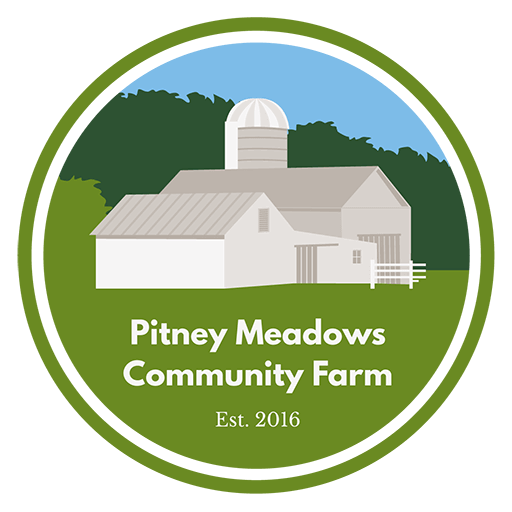Thoughts on the Farm Bill
by Kim London, Pitney Meadows Community Farm Board Member
Our long range plans at Pitney Farm are to provide education and outreach to beginning and existing farmers. As we grow and develop with our strategic partners, like the school district, area farmers and food producers, Cornell Extension, and other non-profit organizations, we were especially interested in the recent passage of the 2018 Farm Bill and what support it had for Beginner Farmers. In mid-December 2018, Congress voted for an $867 billion farm bill with strong bipartisan support, urged in part by pressure from farmers hurt by the administration’s trade war with China. In the United States, The Farm Bill is the primary agricultural and food policy tool of the federal government and is renewed every 5 years and shapes federal food and agriculture policy. The following are some of the programs funded by the 2018 Farm Bill that can help young farmers and ranchers.
Increases in Funding for beginning and socially disadvantaged farmers
Two programs that help young farmers in the USDA’s Farm Bill are the Beginning Farmer and Rancher Development Program (BFRDP), which funds technical training, business planning, farmland access, and other support to new farmers, and the 2501 Program, which provides outreach and assistance to farmers of color, indigenous, and veteran farmers and ranchers. Prior to the 2018 Farm Bill both of these programs lack mandatory funding and were not automatically extended after a Farm Bill expires, which happened in 2013. The 2018 Farm Bill increases funding for both programs to make them permanent for this farm bill, and also future farm bills. It also combines these programs into a new Farming Opportunities, Training, and Outreach (FOTO) Program, and hopefully continues to increase the funding over the next decade.
New Funding for Local Food Programs and Other Programs
Some local food programs that help local programs were threatened to be eliminated. The Farmers Market and Local Food Promotion Program (FMLFPP), which expands local and regional markets for small-scale farmers and food producers, and Value-Added Producer Grants (VAPG), a program which offers funding for farmers and food producers invest in capital to diversify their products are now increased to permanent funding and fall under a new Local Agriculture Market Program (LAMP). In addition, the Organic Research and Education Initiative (OREI) that helps farmers develop new practices to become more productive, efficient, and profitable, and the Food Insecurity Nutrition Incentive (FINI) program that provides low-income consumers with cash incentives to increase their purchasing power at places like farmers markets are now permanently funded.
Beginning Farmer and Rancher Coordinators
The bill establishes a Beginning Farmer and Rancher Coordinator in each state to improve outreach and assistance to new farmers and also a National Beginning Farmer and Rancher Coordinator at the USDA to look at best practices and coordinate the state coordinators’ efforts. The bill also establishes an Agricultural Youth Organization Coordinator to outreach youth agricultural organizations and school-based agricultural education organizations.
Focus on Urban Agriculture
Urban agriculture is becoming increasingly important and visible in this country. This bill creates a new position at the USDA to improve the grant opportunities, research and emphasis on urban agriculture programs.
